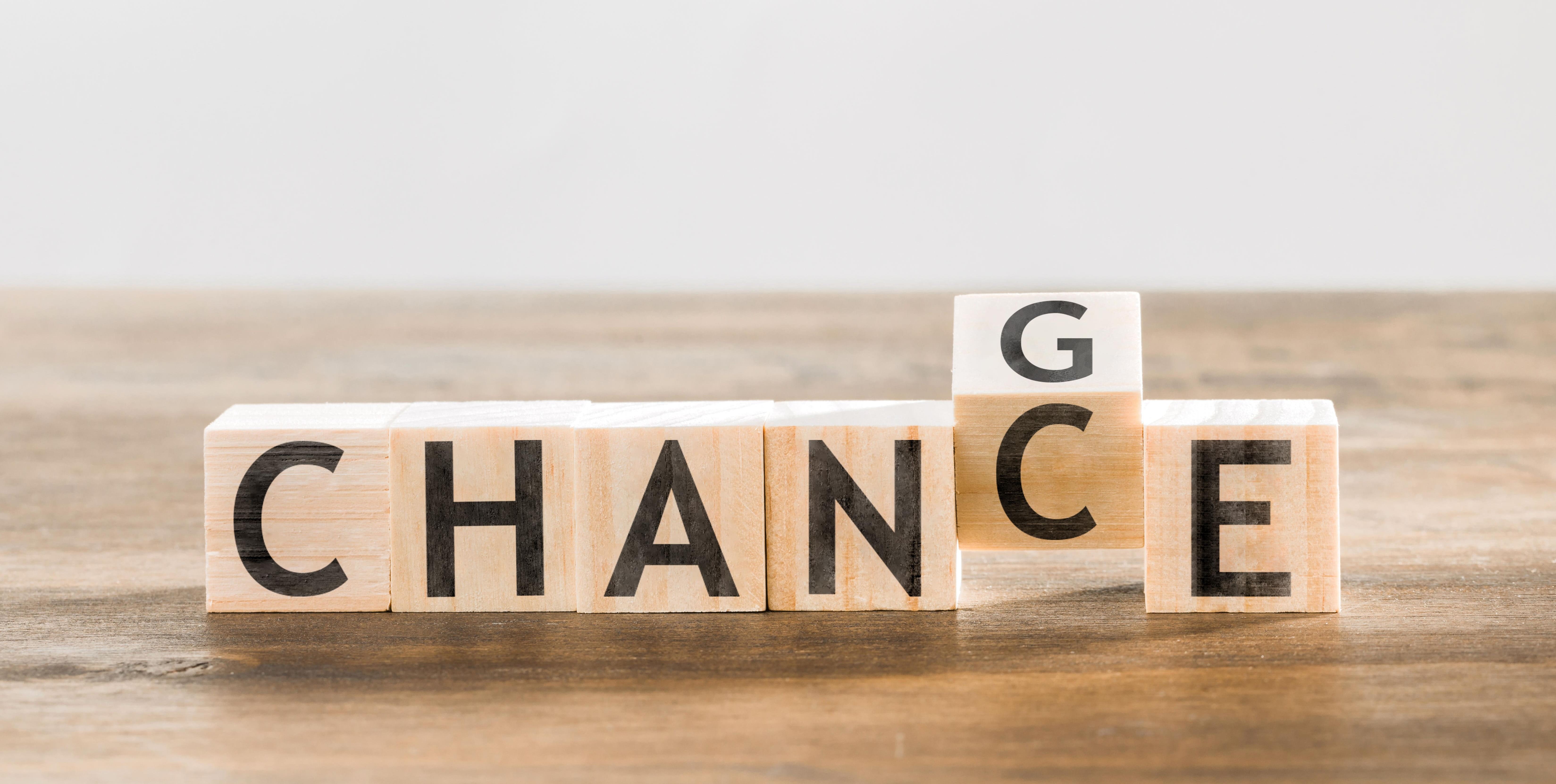Meltdowns vs. Tantrums: What's the Difference and Why It Matters

Big emotions are part of childhood—but not all outbursts mean the same thing. Understanding the difference between a tantrum and a meltdown can change how we respond and support our kids.
What Are Tantrums?
Tantrums are often:
- Goal-driven: The child is trying to get or avoid something
- Common in toddlers and young children: Especially when they’re learning they can’t always have their way
- Linked to frustration: Wanting more screen time, sweets, or to stay up late
Tantrums are a normal part of development. Even teenagers can experience “tantrum-like” reactions when boundaries conflict with their growing independence.
What Are Meltdowns?
Meltdowns are very different from tantrums.
They happen when a child is overwhelmed—by sensory input, stress, anxiety, or fatigue—and can no longer cope.
Meltdowns are:
- Not goal-oriented: The child isn’t trying to get something
- Out of the child’s control: They’re not choosing the behaviour
- Often related to neurodevelopmental or emotional challenges: Such as autism, ADHD, trauma, or anxiety
During a meltdown, a child may:
- Cry or scream uncontrollably
- Lash out physically
- Run away or shut down
- Be unable to listen or respond
Why the Difference Matters
Mislabeling a meltdown as a tantrum can lead to:
- Misunderstood behaviour
- Unhelpful consequences
- Increased shame and anxiety
When adults respond with support and regulation instead of discipline, children are more likely to feel safe and build emotional resilience.
How to Respond
If it’s a tantrum:
- Stay calm and consistent with boundaries
- Avoid giving in if it reinforces unsafe behaviours
- Comfort and connect once emotions settle
If it’s a meltdown:
- Reduce noise, light, and stimulation
- Stay nearby and calm; let them know they’re safe
- Avoid talking too much—wait until they’re calm to debrief
- Work together later to explore triggers and build strategies
When to Seek Help
If your child:
- Regularly struggles with big emotions
- Has meltdowns that affect family life or school
- Or you're unsure how to support them
…it might be time to seek professional support.
How Future Minds Psychology Can Help
At Future Minds Psychology, we work with young people from infancy to age 30 to:
- Understand the cause of big emotions and behaviour
- Support regulation and coping strategies
- Equip parents with the tools to respond calmly and effectively
We believe that all young people deserve compassion, safety, and understanding.
If you're concerned about your child’s emotional regulation, we’re here to help.
Contact us today to learn more or make a referral.




